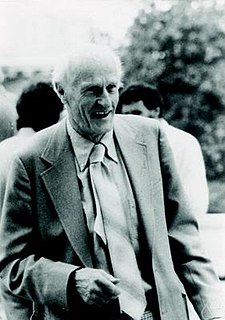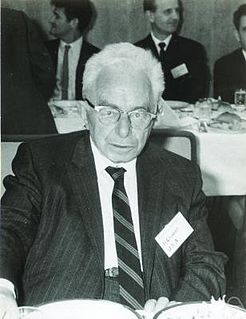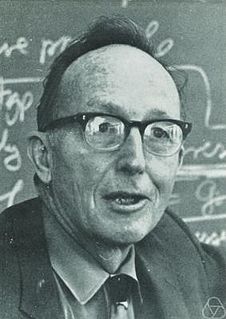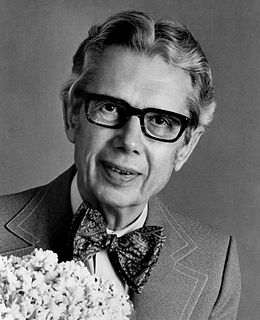A Quote by Stephen Cole Kleene
I went to Princeton from Amherst, where I split my interests between mathematics and philosophy.
Quote Topics
Related Quotes
. . . the membership relation for sets can often be replaced by the composition operation for functions. This leads to an alternative foundation for Mathematics upon categories -- specifically, on the category of all functions. Now much of Mathematics is dynamic, in that it deals with morphisms of an object into another object of the same kind. Such morphisms (like functions) form categories, and so the approach via categories fits well with the objective of organizing and understanding Mathematics. That, in truth, should be the goal of a proper philosophy of Mathematics.
The broader the chess player you are, the easier it is to be competitive, and the same seems to be true of mathematics - if you can find links between different branches of mathematics, it can help you resolve problems. In both mathematics and chess, you study existing theory and use that to go forward.
The good of the family cannot be achieved without consideration of an individual's important interests. If those interests are urgent and weighty, they must become important interests of the family and can sometimes have priority in case of conflict. Sometimes, members must split their differences in compromise. Over time, yielding to others at some times must be balanced against getting priority for one's interests at other times.



































